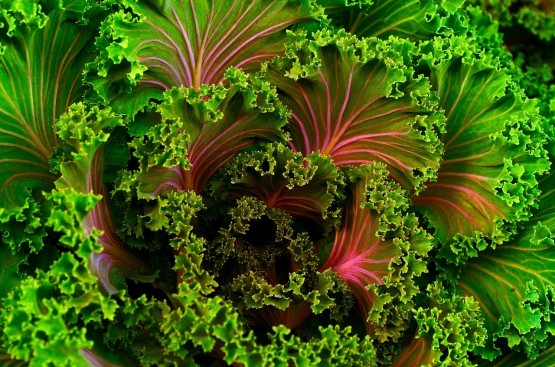
Dermadeli is about providing nutrients for the skin on the outside. It is just as important to nourish the body on the inside by consuming the right foods. Our skin can be a statement as to what foods we are providing for our body. Interestingly, some are willing to spend hundreds of dollars on face products, but forget the simplicity of eating healthy foods.
Processed foods often lack important nutrients a body needs: antioxidants, vitamins, minerals; the micronutrients many of us are lacking.
Research has proven that wrinkles are more notable in a person who consumes more of the bad fats and processed carbohydrates. A person with a food lifestyle rich in antioxidants has less wrinkling as they age. A study of 2,000 people from various countries showed that aging of the skin was more dominate in those with food lifestyles high in butter, margarine, fried foods, dairy products and sugar. The least aging symptoms could be found in those who consumed vegetables, olive oil, legumes, and fish.
Many factors impact our skin’s beauty:
Vitamin C is needed for collagen production. Collagen acts as a prime structural component of the skin. While collagen production reduces naturally with age, consuming adequate amounts of vitamin C assists in boosting collagen back into the skin. What fruits and vegetables are generous in vitamin C? Strawberries, oranges, bell peppers, kale, kiwi, guava, broccoli, and tomatoes.
The sun causes damage to our skin by impairing collagen and elastin (another skin protein). Free radicals (come from sun exposure, cigarette smoke and air pollution) are molecules that lack an oxygen atom and often damage surrounding cells in their efforts to steal oxygen. Antioxidants help to stop this damage. Foods high in antioxidants include blueberries, pomegranate, carrots, spinach, almonds, green tea, acai, brussel sprouts, avocados, flaxseed, and cantaloupe to name a few.
Wonderful skin can be acheived by consuming the right kind of fats, the good fats. Good fats are important in moisture retention by helping form the ‘barrier’ that keeps moisture in. Dry skin doesn’t cause wrinkles, but it can make them more noticeable. Hydration is critical, and fats (lipids) are the components to slow the loss of moisture. Good fats are absorbed by consuming olive oil, avocado, walnuts, pistachios, eggs, salmon, and herring.
Hydrating agents are important for consumption as well as for the skin. Dermadeli’s Pumpkin Seed Serum is an excellent source of hydration. Pumpkin is packed with beta-carotene, vitamin C, and antioxidants.
Water is, of course, an exceptional source of hydration. How much should you drink? An easy formula is to divide your weight in half – that is roughly the number of ounces of fluid you should have in a day.
That doesn’t mean you’re only limited to water as your absolute liquid source of hydration. However, be very mindful of the types of fluids you consume: Green Tea, a high source of antioxidants; coffee (caffeine has quite a bit of value; the dehydrating effect is very debated); iced herbal tea; and lemon or cucumber flavored water are fantastic alternatives.
Try your best to eat real food, meaning as close to its original state as possible. Avoid processed foods and foods high in sugar, salt, and grease.
· Concentrate on fruits and vegetables – At least 8 servings/day. A serving is 1/2 cup, for example: A cup of berries for breakfast (2 servings), 1/2 carrots as a snack (1), spinach salad with tomatoes for lunch (2-3 more servings), and broccoli with sweet potato for dinner (2-3 more). That’s a total of 7-9 servings for the day.
· Have at least 2 servings of whole grains – Whole grains are found in oatmeal, polenta, popcorn, tortillas, quinoa, couscous, and brown rice.
· Include clean proteins (low fat proteins) in your food lifestyle – Seafood, chicken, fish, egg whites, skim milk, Greek yogurt, and cottage cheese. These stabilize your blood sugar and ward off hunger.
· It is important to include the good fats in your food – Have at least 1 serving a day of avocado, olive oil, or nuts.
A couple more important factors to your overall health, not food related, are exercise and getting a good night’s sleep.